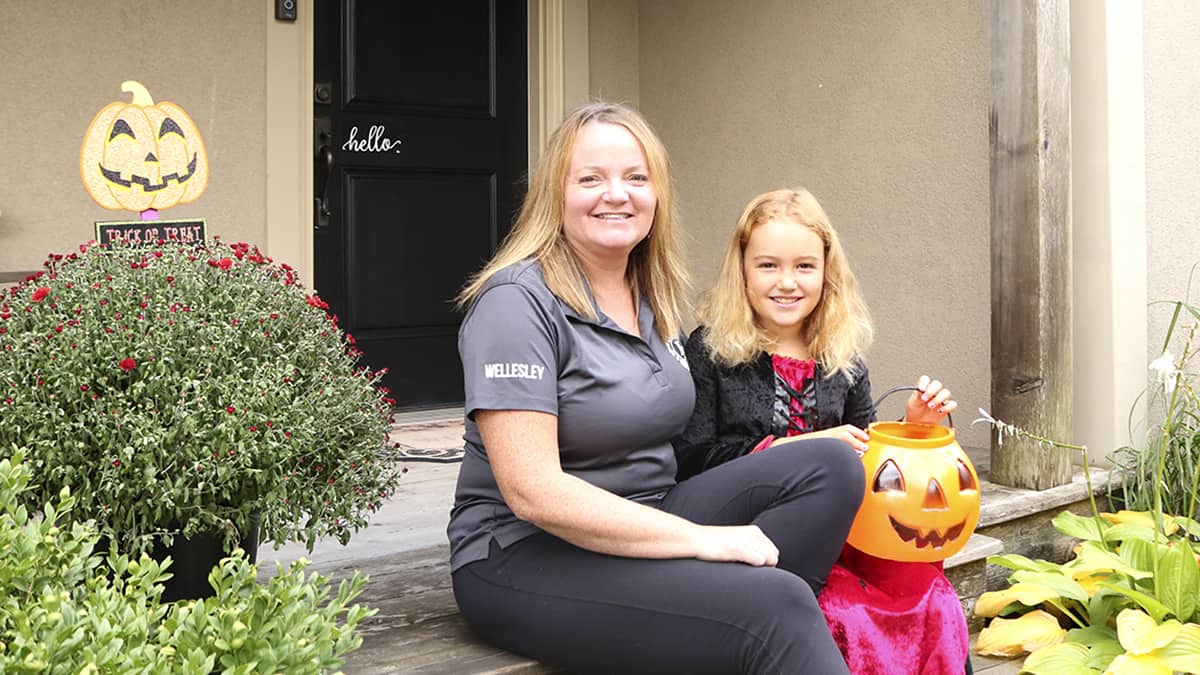After a dramatic doubling of cases the previous week, the Region of Waterloo saw the number of active COVID-19 diagnoses grow to 156 from 142 at the same point last week.
As well, the number of sites experiencing an outbreak fell to seven from nine. The total number of fatalities since the virus was first identified in the region has remained unchanged at 120 for weeks now.
In the weekly video briefing Tuesday, the region noted testing numbers continue to rise even as it switches to an appointment-only system. At midweek, the total number of tests carried out reached 131,533.
“Please note that we have switched the data source for our testing data, so you will have noticed a pretty large one-time jump in test counts on our dashboard, said medical officer of health Dr. Hsiu-Li Wang of the testing procedures. “We are now collecting the testing data from a provincial database, which captures both the testing from our local testing centres, as well as test counts from enhanced surveillance.”
The new system “gives a more complete picture across our testing region,” she added.
Another new addition in Waterloo Region is testing of asymptomatic individuals at pharmacies, with Shopper’s Drug Mart pharmacies in Cambridge (1500 King St. E.), Kitchener (235 Ira Needles Blvd.) and Waterloo (550 King St. N.).
“The province has put in place rules for people that would like to seek testing at a pharmacy,” said Wang. “One rule in particular, which is that they are not symptomatic, and the pharmacist themselves in order to set up the areas to be safe for taking the test, they have all of these other rules that they have to follow.”
Wang noted there should be little concern for contracting a virus by visiting one of these locations to pick up a prescription or general shopping.
Given the area has already experienced a spike, health officials were warning residents to be careful about the upcoming Thanksgiving festivities.
“With cases on the rise across Ontario, large family gatherings will increase the spread of COVID-19. The virus has spread by people, and it spreads easily in social settings where people may feel more relaxed about following precautions. We have a collective responsibility to protect each other, you can protect yourself and your loved ones by making plans to celebrate Thanksgiving safely,” said Wang, suggesting alternatives for this year’s holiday could include a video call instead of in-person festivities.
She also suggests that if people choose to have in-person meals to make it quick, leave a window open to increase airflow, which can help reduce transmission, wear facial coverings, and disinfect surfaces.
Wang also advised that those who do not need to keep 10 people in their social bubble further limit their number.
“We need to recommit to small social bubbles. I encourage all of us to keep our social bubbles small due to the pandemic progressing in Ontario. Even though the limit and Ontario is 10, at this time, I would encourage those of us who can keep it smaller,” she said.
At midweek in neighbouring Wellington-Dufferin-Guelph, there were 45 active cases of the virus, putting the total for the catchment area at 650 cases, of which 568 of the total cases have been resolved (87.4 per cent). Thirty-seven cases have proven fatal.
The province is dealing with a spike that saw the highest single-day increase in new cases, with 700 reported on Monday. There have now been 51,085 cases of the virus in Ontario. There have been 2,844 deaths attributed to the virus – 12 additional fatalities in a week – representing a mortality rate of 5.6 per cent. The ministry reports 43,450 cases (85.1 per cent) have been resolved.
The latest numbers from Health Canada show 156,961 confirmed cases of COVID-19 nationwide, a spike of more than 10,000 in the past week, with 9,291 related deaths, a mortality rate of 5.9 per cent.








